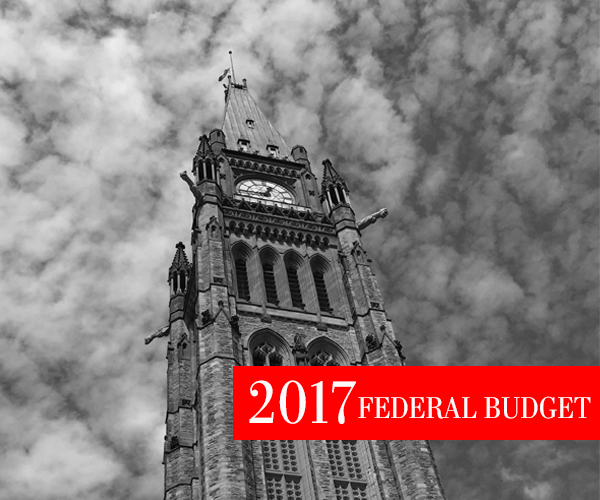
Bad for the military; not good enough for veterans. That about sums up defence-related elements of the federal budget tabled March 22 by Finance Minister Bill Morneau.
Ottawa says it will spend $624 million more on veterans’ programs over the next five years, most of it on easing outgoing soldiers’ transitions to civilian life. But it doesn’t address the critical issue of financial security for ill and injured veterans.
“Canada’s ill and injured veterans need and deserve financial security, critical supports and benefits, and this budget missed the mark by not delivering substantive details,” said a statement from The Royal Canadian Legion.
Meanwhile, defence spending took a hit, even as the military awaited the results of a policy review undertaken soon after the Liberals won the October 2015 election.
Defence Minister Harjit Sajjan has repeatedly promised more money for defence, but the budget stripped $8.4 billion from the Forces’ equipment budget. While promising to restore the funding over 20 years, it doesn’t set out specifics.
Nor does it clarify whether the figure included $3.7 billion deferred by the last budget. That leaves a list of equipment upgrades and purchases hanging in the balance, including ships, aircraft and vehicles.
The document does promise an increase of more than $180 million in operations spending—every cent of which will be needed if the military is to meet the growing list of commitments it faces in the coming year. Those include a NATO deployment in Latvia and an expected UN peacekeeping mission in Mali.
Transition services have been a major embarrassment to the Canadian Armed Forces. Some outgoing soldiers have been left out to dry in the gaps between their paycheques, severance allotments and pension payments.
In a February speech, Chief of the Defence Staff General Jonathan Vance acknowledged that transition services were sorely in need of overhaul, and he said he’d made the issue a priority.
The budget sets aside up to $80,000 for long-serving veterans who leave the military and want to go back to school, as well as job-coaching and other job-related assistance.
It also expands financial benefits available to family members and others caring for disabled veterans, while making career training and counselling services more accessible. There is more money for research on veterans’ issues and a new emergency fund for urgent cases.
Still, the issue of lifelong pensions for the ill and injured has not been resolved. In the 2015 election campaign, the Liberals were the only party to promise to re-introduce the pensions, which were replaced with lump-sum payments, career training and targeted income-replacement programs in 2006.
The budget promises further details by year’s end. But, as The Canadian Press suggested, it sends a strong signal that the old pension system won’t be back.
Officials insist no decision has been made, but it appears the government is considering simply spreading the lump-sum payment, known as the disability award, over lifetime monthly payments. That means a maximum payment of $360,000 could be meted out at $1,000 a month over 30 years.
“It’s all smoke and mirrors if they are just going to take the disability award and spread it out,” Don Sorochan, a lawyer representing six veterans suing the federal government over the lump-sum system, told CP.
The Legion promised it won’t give up the fight, either.
“Budget 2017 provides vague promises and no clarity on how the government will deliver lifelong financial security for our veterans and their families,” it said. “We owe our veterans our commitment to press government to ensure the care and benefits they receive are the best they can possibly be.”
Advertisement






















